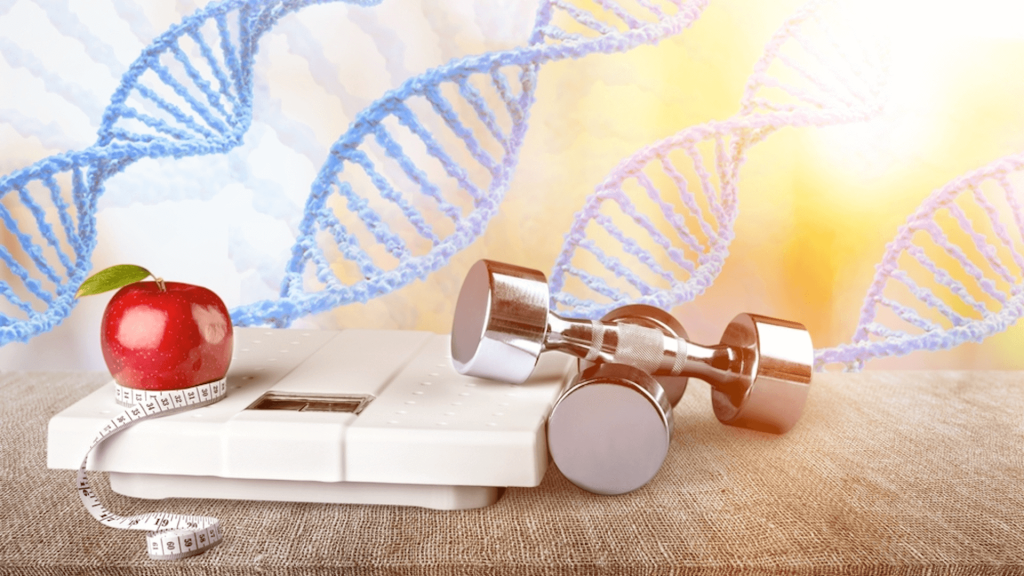Methylation, a complex biochemical process, plays a pivotal role in regulating numerous functions within the body, such as gene expression, neurotransmitter synthesis, detoxification, and cellular energy production. When this intricate system encounters disruptions, it can have profound effects on an individual’s lifestyle. Understanding what methylation issues are and how they impact various aspects of life is crucial for those seeking to address methylation concerns through diet and lifestyle changes. In this article, Samantha Gilbert, FNC, CHNP, CNC, and her team at Eat For Life provide basic diet and lifestyle changes that individuals facing methylation issues can implement.
Methylation: The Basics
Methylation involves the addition of a methyl group (CH3) to molecules, a process vital for gene expression, neurotransmitter synthesis, detoxification, and cellular energy production. Disruptions in methylation can lead to altered gene activity, impacting everything from mood regulation to cognitive function. So let’s see how disruptions in methylation impact diet and lifestyle.
Effects on Lifestyle
Methylation issues have been linked to conditions such as anxiety and depression due to disruptions in neurotransmitter levels. Serotonin, dopamine, and norepinephrine, all of which are crucial for mood regulation, are intricately tied to proper methylation and neurotransmission. The relationship between methylation and mental health is complex, but it is important to understand the adverse effects that a disruption can cause.
Methylation is tied to diet and lifestyle because it is involved in energy production at the cellular level. Impaired methylation can contribute to feelings of fatigue and reduced energy levels, affecting daily activities and overall productivity. Methylation is crucial for the synthesis of coenzyme Q10, a molecule involved in the electron transport chain of cellular respiration. This complex chain allows for cellular energy production, providing individuals with energy at the most basic level. The regulation of hormones such as cortisol is also heavily influenced by methylation. Dysregulation of cortisol levels due to methylation issues can contribute to persistent fatigue.
The detoxification process relies on effective methylation to eliminate toxins from the body. When this system is compromised, individuals may be more susceptible to the harmful effects of environmental pollutants and other toxins. Some harmful effects may include increased oxidative stress and inflammation
The detoxification process relies on effective methylation to eliminate toxins from the body. When this system is compromised, individuals may be more susceptible to the harmful effects of environmental pollutants and other toxins. Some harmful effects may include increased oxidative stress and inflammation
Finally, methylation plays a role in regulating gene expression, influencing whether a gene is turned on or off. Methylation changes the structure of DNA, affecting its ability to unwind and undergo transcription. This altered chromatin structure contributes to gene inactivity or abnormal gene expression. Disruptions in this process can influence susceptibility to certain health conditions such as cardiovascular disease, mood disorders, or certain cancers. Susceptibility makes it crucial for those with methylation issues to take proactive steps toward a healthier lifestyle.
Addressing Methylation through Diet and Lifestyle
Individuals can provide the body with the necessary components to support optimal methylation through diet and lifestyle changes. A nutritious diet helps regulate gene expression, neurotransmitter synthesis, and other essential biochemical processes. Depending on your methylation status, foods high in B-vitamins, such as folate, B6, and B12 found in leafy greens, legumes, nuts, seeds, and lean proteins, are excellent nutrient sources.
There are two dynamically different forms of methylation: over and under. Incorporating foods that either donate methyl or reduce methyl, helps to facilitate the methylation process depending on your biotype. Methyl donor foods contribute to the synthesis of SAM (S- adenosylmethionine) in the methylation pathway. S-adenosylmethionine is involved in transferring methyl groups to DNA, neurotransmitters, and other molecules, regulating cellular processes. For example, if you are a person who experiences overmethylation, foods such as folate in beets and leafy greens that are high in demethylating agents to reduce too many methyl groups would be best incorporated into your diet. In individuals experiencing undermethylation, (reduced methylation activity) it is essential to include foods rich in methyl donors such as grass-fed meats and organic poultry. Incorporating these foods into the diet ensures that an adequate supply of methyl groups that are necessary for methylation reactions is present.
Stress management is also crucial for supporting the methylation process, as chronic stress can negatively impact the intricate biochemical pathways involved in methylation. Increased cortisol levels may disrupt methylation processes, impacting gene expression and overall cellular function. Chronic stress can also contribute to an inflammatory response in the body, which may impact gene expression and cellular function. Implementing stress-reducing techniques such as prayer, deep breathing exercises, regular physical activity, and sufficient sleep can help to mitigate the negative effects of chronic stress on methylation processes, promoting overall health.
A final way to help the methylation process through diet and lifestyle modification is to minimize exposure to environmental toxins by reducing processed food intake and choosing organic produce when possible. By choosing more whole foods, individuals can help to lower exposure to synthetic additives, pesticides, and other harmful substances.

Begin Your Journey with Eat For Life
Understanding methylation issues related to lifestyle and diet is a crucial first step for individuals seeking to make positive changes. By adopting a nutrient-rich diet, incorporating methyl donor foods, managing stress, and minimizing toxin exposure, individuals can take proactive steps toward optimizing methylation processes and promoting a more balanced lifestyle. Eat For Life helps patients begin and maintain personalized and safe approaches to addressing methylation concerns through diet and lifestyle modification. Methylation issues have profound effects on gene regulation, neurotransmitter balance, and detoxification. These disruptions can contribute to the development of a range of health conditions.
Eat For Life emphasizes the importance of addressing methylation through a holistic and personal approach unique to each patient for overall health optimization. Schedule your one-on-one consultation today to learn how Eat For Life can help you take your first steps toward better health.






